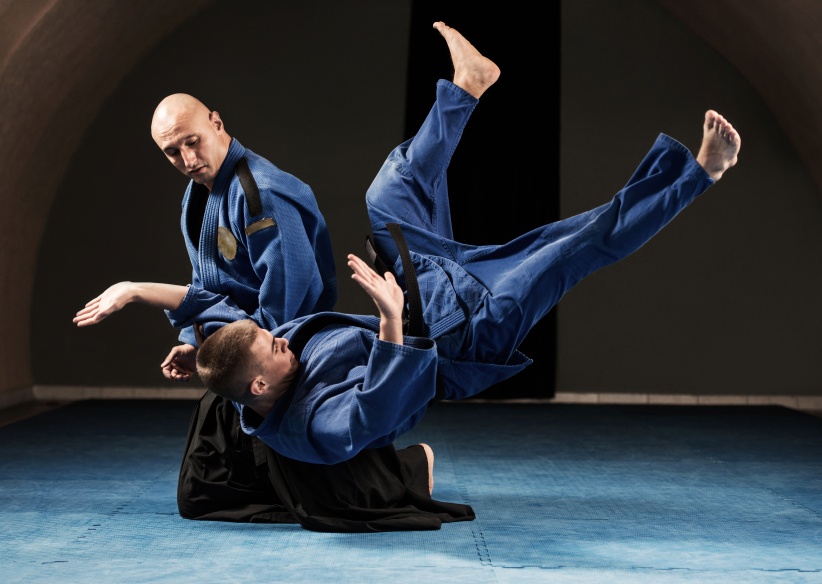
Mastery is a topic that comes up frequently in The ONE Thing. Without a mindset geared toward embracing mastery, achieving extraordinary results is nearly impossible.
But just the idea of achieving mastery can cause some of us to build mental roadblocks. Becoming a master at anything is not a quick and easy process – that’s a given. However, the path to mastery is one anybody can take. Read on to find out why achieving mastery may be easier than you ever thought possible.
The First and Last Step to Mastery is Learning
True masters always see themselves as apprentices because mastery is an ongoing learning process rather than an end goal. It’s a way of thinking and approaching goals rather than achieving the goal itself.
Instead of jumping ahead of ourselves by thinking about future action steps and goals, mastery focuses on becoming a life-long student. A perfect example of this is the legend of Jigoro Kano’s death. Kano, the founder of Judo, is said to have requested that he be buried in his white belt. It was symbolic of the fact that even though he was a master of judo he was always a student of the practice.
Sometimes we look at fundamentals as stepping stones to more rewarding advancements, but in reality, they are the building blocks that make true mastery possible. Each step must be mastered before moving on to the next. Each achievement and experience adds to the continuing journey.
Achieving Mastery is Boring
Because mastery is an ongoing process there may be moments when you become bored with your craft. Mastery comes only after a whole lot of practice, even if we’re naturally talented. The repetition and hours upon hours of honing our abilities can take its toll.
Studies show that mastery is achieved only after years of practicing nearly every day. It’s easy to get distracted when we’ve been working on the same thing for so long, but we can’t let shiny new objects derail the progress. Keep focused on the fact that discovery lurks around every corner on the path of mastery.
We Don’t Walk the Path of Mastery Alone
Every apprentice needs a master. There has to be guidance and someone there to show us the way. For that reason alone, mastery is a team effort, not a solo endeavor.
Master is a title endowed on an individual only after many others have contributed to their growth and success. Mentors, colleagues and partners also serve the vital purpose of keeping us accountable. Without accountability, it’s far too easy to slip into a mindset of not being in control of our circumstances. Taking ownership of our actions and outcomes will empower us to learn from problems and get past setbacks rather than letting them dictate our success.
If mastery were easy, we’d all be Mr. Miyagi. In reality, we’re all Daniel. With the direction of a mentor to guide us, we can begin a long journey of continuously learning and improving even when we think we can’t “wax on wax off” another second.
